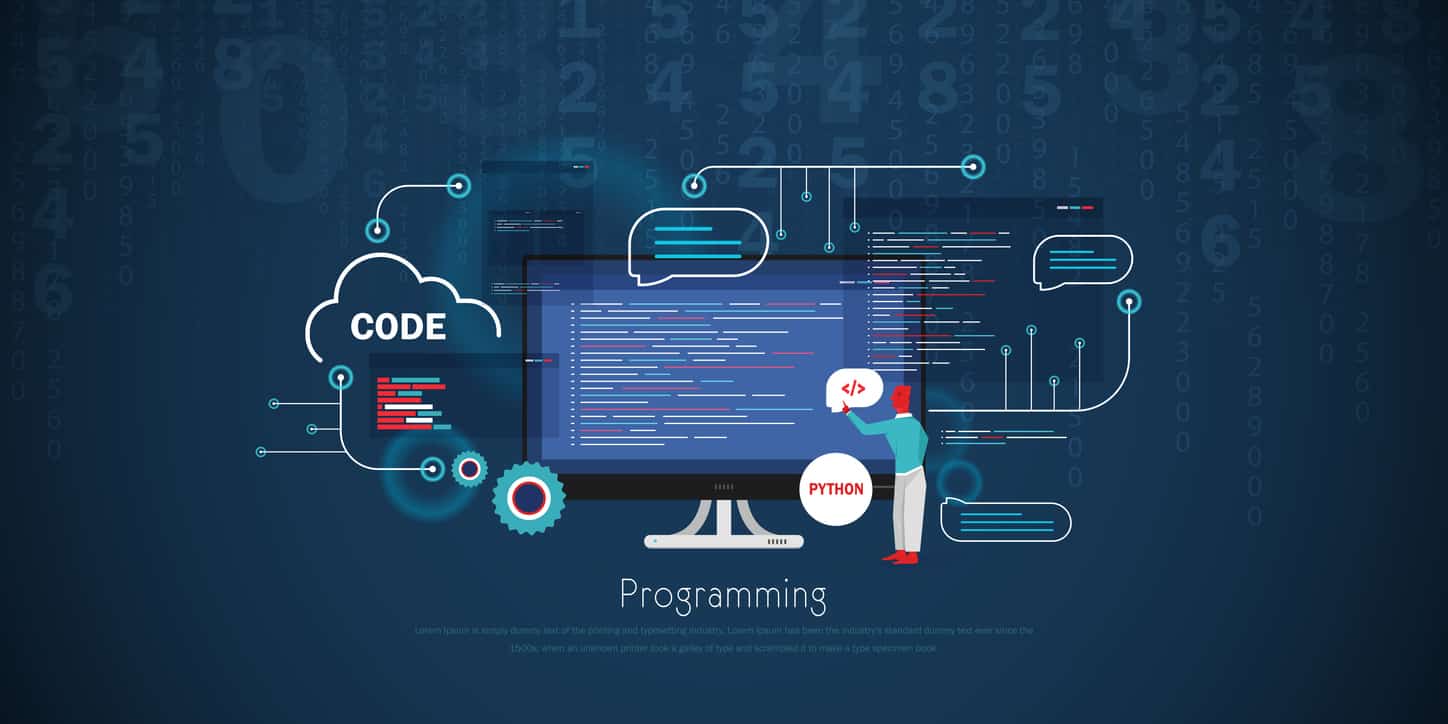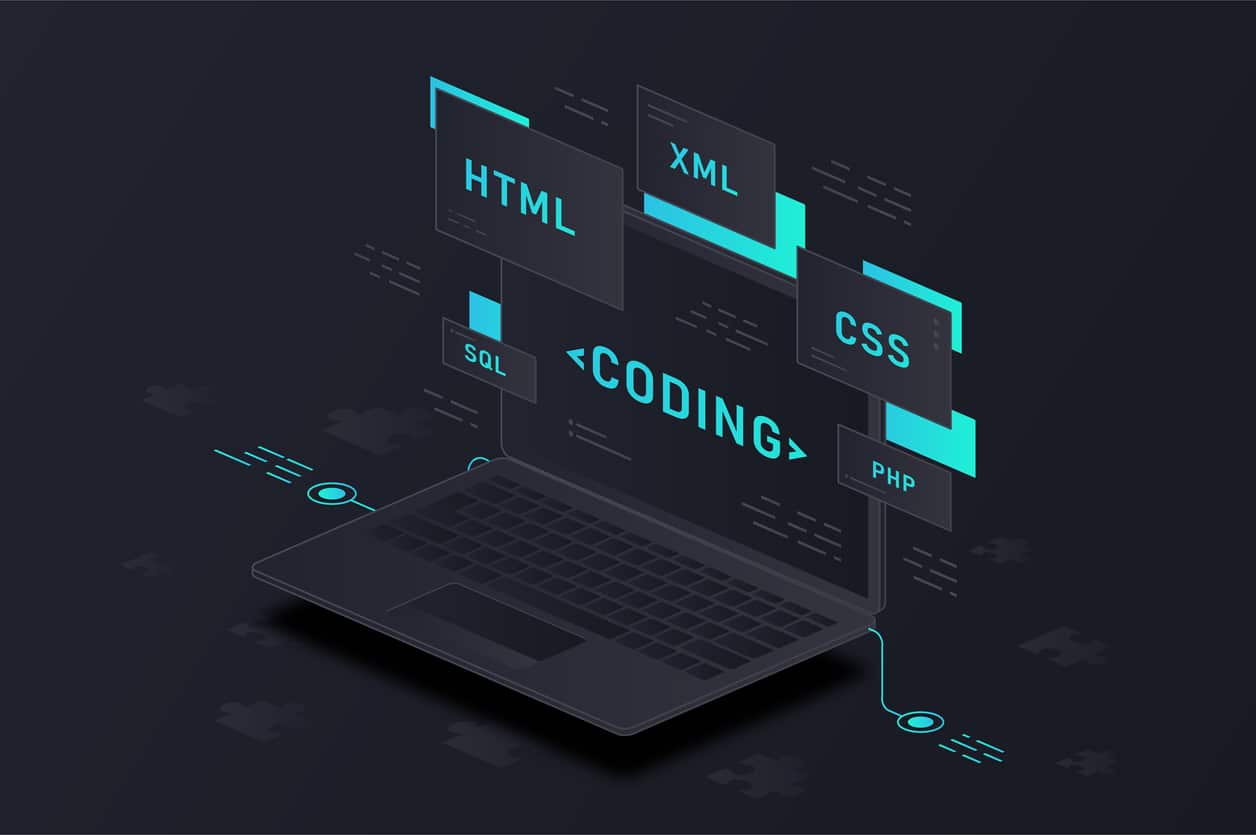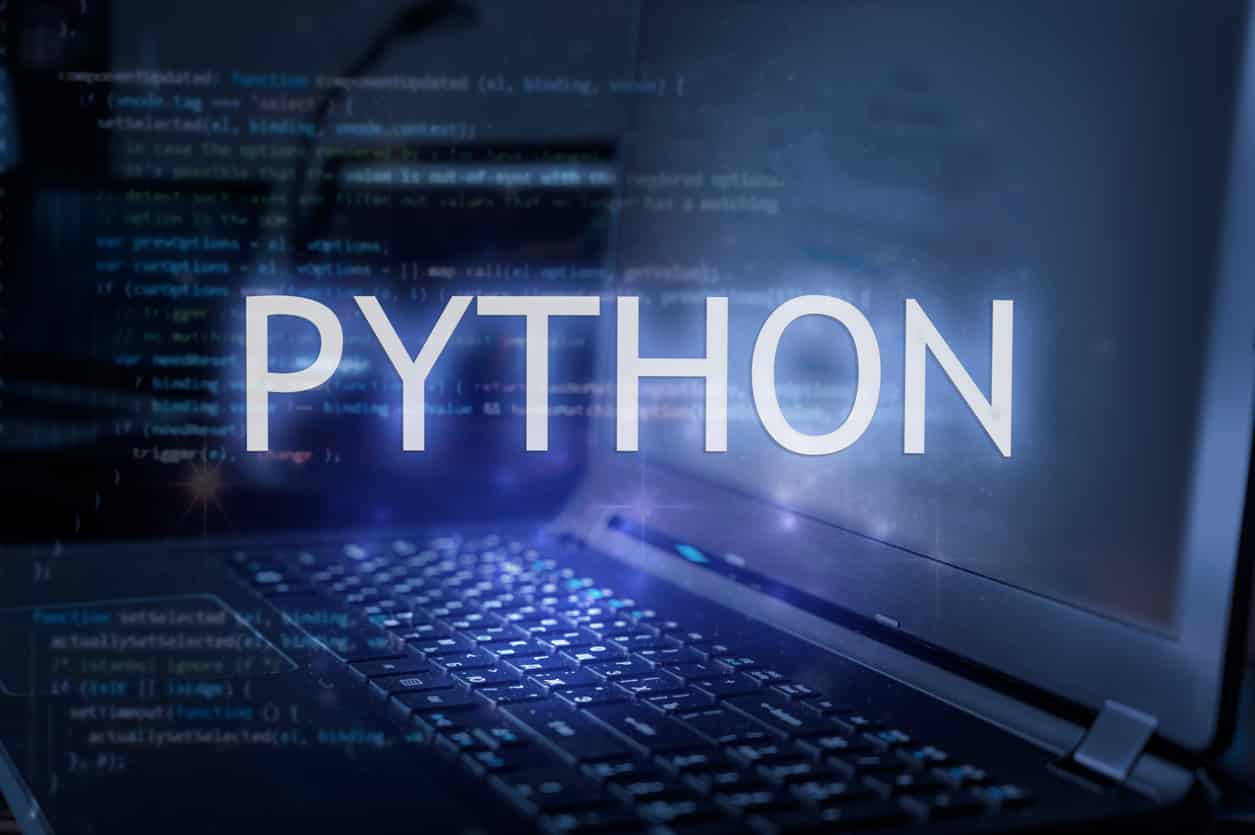Software Engineering is the principle of incorporating the processes of designing, developing, testing, and maintaining software. Software Engineering is a disciplined and systematic approach to creating effective and reliable software that meets the needs of the customer or user.
A career in Software Engineering can be immensely rewarding. As a Software Engineer, you’ll be responsible for developing and maintaining software programs. You’ll need to have a strong proficiency in computer science concepts, as well as experience in programming languages.
The work of a Software Engineer is constantly evolving as technology changes. As new tools and languages are developed, you’ll need to keep up and learn how to use them. It can be challenging, but it is the reason that makes the job so exciting.
In recent years, the demand for Software Engineering job skills has exploded. It is partly due to the ever-growing popularity of technology and the increasing number of businesses adopting software to automate their operations. According to the report by the U.S. Bureau of Labor Statistics, the growth for Software Developer jobs, including Software Engineering jobs, is likely to grow by a whopping 22% by 2030, which is considerably quicker than the average for all other occupations.
As a consequence, companies are finding it more and more challenging to find qualified Software Engineers. The best Software Engineers have a strong foundation in computer science, as well as experience in specific programming languages, software development frameworks, and soft skills. Taking up Software Courses will also help you gain the required skills.
Without much further ado, let’s discuss the top three essential job skills for Software Engineers to become successful professionals in their careers.
1. Technical Skills
In the Software Engineering field, technical skills are essential because they allow you to do your job effectively. They help you write correct and efficient code and give you a deep understanding of how your software works. Technical skills are essential if you want to become a software developer or engineer and excel in your career. You can learn them by taking classes, reading books and articles, practicing coding, and so forth.
Programming Skills
Programming is the process of turning thoughts into code. By writing code, you can create valuable and meaningful programs that can run on computers. As a Software Engineer, you will need to write code in various programming languages, such as Python, Java, Ruby, etc., in order to create software products.
“It’s the most rudimentary soft skill for software engineers. Computer programming emphasizes algorithms, which have become part and parcel of our daily lives. Countless computer programming languages are available, and the job requirements could vary based on the position you apply for. Python, Ruby, Java, C#/.Net, and Mean are the top in-demand programming languages. The best-in-class news is that such skills can be obtained through online courses that teach programming languages.”
“Professional software engineers know at least one or two major programming languages. The programming language you choose depends on the software or industry you want to enter. For example, some industries use Python for software development while others use JavaScript. Others include HTML/CSS for websites, Ruby for web apps, and TypeScript for content management systems. Whatever you do, make sure you are fluent in the programming language used by your potential employer.”
Olivia Tan, the Co-founder of CocoFax, agrees with the same and states that:
“Many software engineers specialize in one (or two) coding languages. However, the best engineers are familiar with all relevant coding languages. If you can learn languages with similar qualities (structured versus functional, for example) or know a little about different languages, you will be more attractive to employers.”
Pro Tip: Programming skills are vital because they allow you to communicate directly with computers. With programming skills, you can create software that makes computers do what you want them to do. Check out our free courses in Python, Java, and JavaScript, and master these most sought-after programming languages.
Data Structures and Algorithms
Data structures and algorithms allow Software Engineers to store and manipulate data and make their software more efficient and reliable. Data structures allow engineers to create data containers that can be stored in memory, while algorithms allow engineers to perform operations on that data. Data structures and algorithms can create efficient data-processing pipelines and data-storage systems.
“Working with data structures and algorithms is one of the essential requirements for hiring software engineers in most software organizations. This is because these two ideas are critical to the software development process. Being familiar with data structures helps you to arrange information so that it may be applied to real-world problems and problems that you have encountered.
It also enables you to develop problem-specific software, maintain your code clean, and optimize your products for superior user experiences, among other benefits. It is beneficial to learn about data structures and algorithms such as arrays, trees, and linked lists to increase your employability.”
Steven Walker, CEO of Spylix, agrees with the same and states that:
“Data structures and algorithms are important concepts in software development and are usually a requirement for software engineers. Knowing data structures allows you to organize data to solve real-world problems. So you can build problem-specific software, keep code clean, and improve user experiences. It can help you get a job if you know about data structures and algorithms like arrays, trees, and lists.”
Pro Tip: Are you looking to comprehend more about data structures and algorithms? In that case, we highly recommend you to apply for our free course in data structures and algorithms in Java! This free tutorial will teach you several fundamentals, such as time and space complexity, recursion, searching, sorting, arrays, stacks, queues, lists, and much more.
Familiarity with Databases
Databases are ubiquitous in Software Engineering. Virtually every software system uses a database to store, retrieve, and manipulate data, and many systems are built around a database. Therefore, it is significant for Software Engineers to possess a solid understanding of database concepts and how to use databases effectively.
“SQL has been around for 30+ years, and I see it extending another 30 years. Therefore, any software engineer must know essential database concepts such as table design, normalization, and SQL.”
Bryan Philips, Co-founder and the Head of Marketing at In Motion Marketing, agrees with the same and adds:
“A professional software engineer should be familiar with online databases, such as SQL or Oracle. SQL, or Structured Query Language, has been used in the tech industry for over 30 years and allows tech professionals to communicate with a database, using commands, including; insert, update, create, select, drop, and delete.”
Pro Tip: Databases are a vital part of many systems, providing a way to store, retrieve, and modify data in a way that is accessible to the system. By understanding how to use databases, such as SQL, Oracle SQL, etc., Software Engineers can build more reliable and efficient systems.
Object-Oriented Design (OOD)
Object-Oriented Design (OOD) is one of the most critical aspects of software engineering. It allows developers to create objects representing the real world and then model relationships between them. It makes it easier to understand and modify the code and create complex systems. OOD can help with code reuse, security, and performance.
Irene McConnel, MD of Arielle Executive, agrees with the same and states that:
“OOD is the technique through which professionals use an object-oriented methodology to design applications or computing systems. Learning this skill will allow software engineers to create more flexible and reusable software.”
Gary Taylor, CEO of Bookyourdata.com, continues:
“The tech market has been slowly pushing towards OOD. It has four fundamental principles: abstraction, inheritance, encapsulation, and polymorphism. OOD focuses on establishing a system that aims to solve software problems.”
Testing and Debugging
Testing allows developers to identify and fix software issues before they become a problem for users. By identifying and fixing issues prematurely in the development process, developers can reduce the number of bugs that make it into the final product. Testing can help ensure that software functions correctly and meets users’ specifications.
Debugging allows developers to troubleshoot and fix software issues once they have been identified. Debugging can help developers identify the root cause of a problem and fix it accordingly, and this can help ensure that software is stable and reliable.
Bishal Biswas, CEO of Word Finder, adds:
“Once the software is designed, testing is crucial to make sure it runs seamlessly on different devices. Once potential issues are discovered, the next step would be to carry out the debugging process. These skills would help you set yourself apart from other engineers who are limited to just one expertise.”
Ryan Nieman, CEO at Solitaire, agrees with the same and continues:
“Testing and debugging softwares is a valuable skill to have. It allows you to think about how software is put together critically. Companies are actively looking for candidates with such skills. That’s because their expertise can help reduce development costs and boost the organization’s overall performance.”
Pro Tip: Software Testing is vital for Software Engineers because it helps ensure the quality of the software. It can help save time and money by finding and fixing problems early on. Learn how to test the software by registering in our Software Testing tutorial.
Version Control Systems
Version control systems like Git are essential for tracking changes in code, collaborating with teams, and managing project repositories. Software engineers should understand version control concepts, branching strategies, and be comfortable using command-line interfaces and Git repositories.
2. Soft Skills
There is no question that soft skills are essential in any field, but especially so in Software Engineering. Soft skills are the personal traits and abilities that help us collaborate with others, and they enable us to communicate effectively, manage relationships, and resolve conflicts.
Of course, technical skills are also crucial in the Software Engineering field. However, if we only focus on technical skills and ignore our soft skills, we will not be successful in the long run. Technical skills can be learned and improved over time, but soft skills are essential and stay with us for life.
Consequently, it is crucial for Software Engineers to focus on developing their soft skills. With the proper combination of technical skills and soft skills, we can succeed in not only Software Engineering but any field we choose.
Will Cannon, Founder of Signaturely, agrees with us and adds:
“As a software engineer, one must possess a combination of communication, social, and interpersonal skills to succeed. Preferably, one must be effective when it comes to verbal and oral communication because it is very crucial in this kind of work. A good software engineer must interact socially with his/her peers and must be able to work harmoniously with a group of people. A desirable relationship inside the workplace will have a great impact on the productivity of the group as a whole.”
Communication
As Software Engineers, we spend our days writing code and working with others to build software. The most critical part of our job is communicating with others. We need to be able to communicate our ideas clearly, share our code efficiently, and collaborate effectively with our team.
By communicating clearly, we can avoid misunderstandings and ensure everyone is on the same page. By sharing our code efficiently, we can save time and avoid duplication of work. And by collaborating effectively, we can produce better software faster.
“Effective communication is required to guarantee that deliverables and deadlines are not affected. As a software engineer, you are expected to convey progress and work collaboratively regularly. You must have strong communication skills to succeed with all of the multitasking and numerous conversations you will have during the course of a workday. You must also be a great communicator to gain a deeper knowledge of what each client requires.”
Peter Robert, CEO & Co-Founder of Expert Computer Solutions, continues:
“Building software is important, but being able to communicate and make that software accessible for other team members is crucial for any software engineer. You need to be able to voice goals and objectives to your own team while articulating progress and operational updates to other members of the company. Software engineers need to be able to communicate confidently, or the rest of the company will have a hard time navigating new software.”
George Tsagas, Owner of eMathZone.com, further adds:
“Communication is often overlooked skill for software engineers. Programmers looking to advance in corporate rank or run and scale their own businesses need to be able to talk to team members and clients. Hard work and talent alone won’t lead to success. You also need to find allies and be able to communicate ideas in a way that builds consensus and positions you as a leader.”
Teamwork
The world of Software Engineering can be quite a daunting place, especially when working on large projects. Many people think that the only way to get things done is by working alone. However, they don’t realize that teamwork is one of the most important aspects of Software Engineering.
Teamwork enables people to learn from each other, improve communication, and develop trust and cooperation. These skills can be beneficial in both your personal and professional lives.
“It’s possible that you’ll be forced to work with people whose opinions and ideologies you disagree with. Misunderstandings might also occur, jeopardizing your and your team’s deadline. A good engineer should be at ease collaborating with others, compromising when necessary, and innovating when necessary.”
Olivia Tan, the Co-founder of CocoFax, agrees with the same and continues:
“Although software engineering is a solitary profession, software engineers must regularly communicate with other people and teams. Engineers should be able to articulate project needs and discuss challenges and problems. Software engineers frequently collaborate with multiple teams and departments while managing their own. You may be required to work with people who hold opposing views. Other times, misunderstandings can jeopardize your team’s deadline. A successful engineer can collaborate with others, compromising and innovating as required.”
Attention to Detail
Attention to detail is essential for producing high-quality software. If a programmer does not pay close attention to the details of their code, it can lead to errors and defects that can cause the software to malfunction. Attention to detail also helps to ensure that the code is easy to read and understand, which makes it easier to maintain and modify.
Julian Goldie, CEO of Goldie Agency, agrees with us and adds:
“It’s crucial to pay attention to detail, especially when it comes to correcting problems because you’ll have to sift through reams of code to find the tiniest flaws.”
Mike Grossman, CEO of GoodHire, continues:
“One of the most important skills for software engineers to develop is attention to detail. This is a skill that allows you to complete tasks with consistency and accuracy. It involves unwavering concentration as you evaluate a project, task, or subject.”
Problem Solving Skills
Problem-solving skills allow Software Engineers to identify and resolve issues in their code. By effectively solving problems, Software Engineers can improve the quality and functionality of their code and avoid potential future problems. Additionally, problem-solving skills can help them better understand and debug code, which can be especially useful when working with code written by others.
Steve Lohrenz, Founder of StevenLohrenz.com, agrees with us and states that:
“Software engineering is all about solving problems, and often in ingenious ways. Being able to think on your feet and come up with creative solutions is essential in this field.”
Time Management
Time management skills are essential for Software Engineers because they allow us to be productive and efficient with our time. Time management skills can help us avoid distractions, manage our time wisely, and efficiently complete tasks.
Dan Voss, Vice President of Aquion Energy, agrees with us and adds:
“Time management is another key skill to have, especially when looking for autonomy in your job. Having effective time management skills will give your boss/client the confidence to expect the desired output within the proposed time frame.”
Multitasking
Multitasking enables Software Engineers to switch between tasks and balance multiple priorities quickly. By multitasking, they can optimize their time and ensure that they are constantly progressing on their projects. Additionally, multitasking can help Software Engineers become more efficient and organized, ultimately leading to better products.
David Reid, Sales Director at VEM Tooling, further adds:
“As Software Engineers, they would be needed to manage multiple projects on a deadline to drive an atmosphere. Whether you work from home as a freelancer or as a full-time worker in an office, you would need to manage multiple projects at once, each with their urgent schedule. Along with managing timelines, you would need to thrive in an atmosphere where deadlines happen regularly. You will have to manage other people’s priorities and balance them with your own.”
3. Miscellaneous Skills
There are several other miscellaneous skills for Software Engineers to comprehend and master, including Cloud Computing and Cyber Security. Let’s take a look at what experts say about these cutting-edge technologies.
Cloud Computing
Cloud Computing is an integral part of Software Engineering because it enables developers to quickly and easily create, deploy, and manage applications and software. With Cloud Computing, developers can access computing resources, such as CPU, memory, and storage, as needed, enabling them to develop and test applications quickly and easily. In addition, cloud computing makes it easy to scale applications as needed, which helps ensure that applications can handle increased traffic and demand.
Kimberly Silva, CEO of FindPeopleFirst, states that:
“As more companies shift their environments into the cloud, it means sooner or later, software engineers will have to work with cloud-native apps. It includes learning Google Cloud Platform (GCP), Microsoft Azure, and Amazon Web Services (AWS) to be a step ahead of the competitors.”
Patrick Smith, Editor-in-chief at Firesticktricks, agrees with it and continues:
“Cloud computing is a relatively new skill that has only grown over the past decade. Learning skills for platforms like AWS, GCP, and Microsoft Azure is a must now. This is because cloud computing has integrated itself in all major industries, and most software being developed now are based on cloud architecture.”
However, Shiv Gupta, CEO of Incrementors Inbound Marketing, recommends AWS because:
“AWS by Amazon is a cloud computing platform that combines infrastructure as a service (IaaS) and packaged software as a service (PaaS) offerings. AWS is the world’s most widely used cloud platform, with millions of clients and over 200 services available from multiple data centers. AWS is simple to use, offers a wide range of tools, offers limitless server capacity, and offers many other advantages to its customers. Depending on the firm, an AWS engineer may have a variety of tasks. Implementation and expansion of AWS, management of its configuration and continuous integration, guaranteeing system security, handling CI/CD pipelines, and a variety of other obligations are only a few of the basic roles.”
Pro Tip: Cloud Computing has definitely revolutionized Software Engineering. Learn in-depth about how Cloud Computing can assist Software Engineers to develop and deploy software faster and cheaper than ever before through our Software Engineering Courses.
Cybersecurity
In a world where almost everything is interconnected, Cybersecurity has become a critical part of safeguarding our digital lives. As Software Engineers, we create the systems that store and process our most sensitive data. Therefore, it is essential that we take the necessary precautions to protect our software from cyber attacks.
Peter Robert, CEO & Co-Founder of Expert Computer Solutions, agrees with us and further states that:
“In today’s digital landscape, the likelihood of cybercrimes has skyrocketed, which is why an understanding of cybersecurity prevention is critical for anyone working in IT, including software engineers. Cybersecurity knowledge can help engineers prevent possible online threats while implementing and designing new software for their business. Software security patches need to be built and implemented while the software is being developed, not after the fact. If security is an afterthought, then there is a much higher chance of vulnerabilities that could affect the overall revenue and productivity of the business.”
Wrapping Up
The demand for Software Engineers is incredible and booming, and many seek to choose Software Engineering as their career path. If you’re looking to become a Software Engineer, honing your job skills is critical. By understanding what employers are looking for in a professional, you can focus your efforts on acquiring the necessary skills and experience. This enormous demand has led to an increase in online courses for software engineering.
Software Engineering courses facilitate people to learn the skills they need to become professional Software Engineers without leaving their job or relocating. These courses are an excellent pathway to learn the skills you need to start a career in this discipline, and they are affordable and allow you to learn at your own pace. They are also a fantastic way to continue your education if you are already a Software Engineer.









